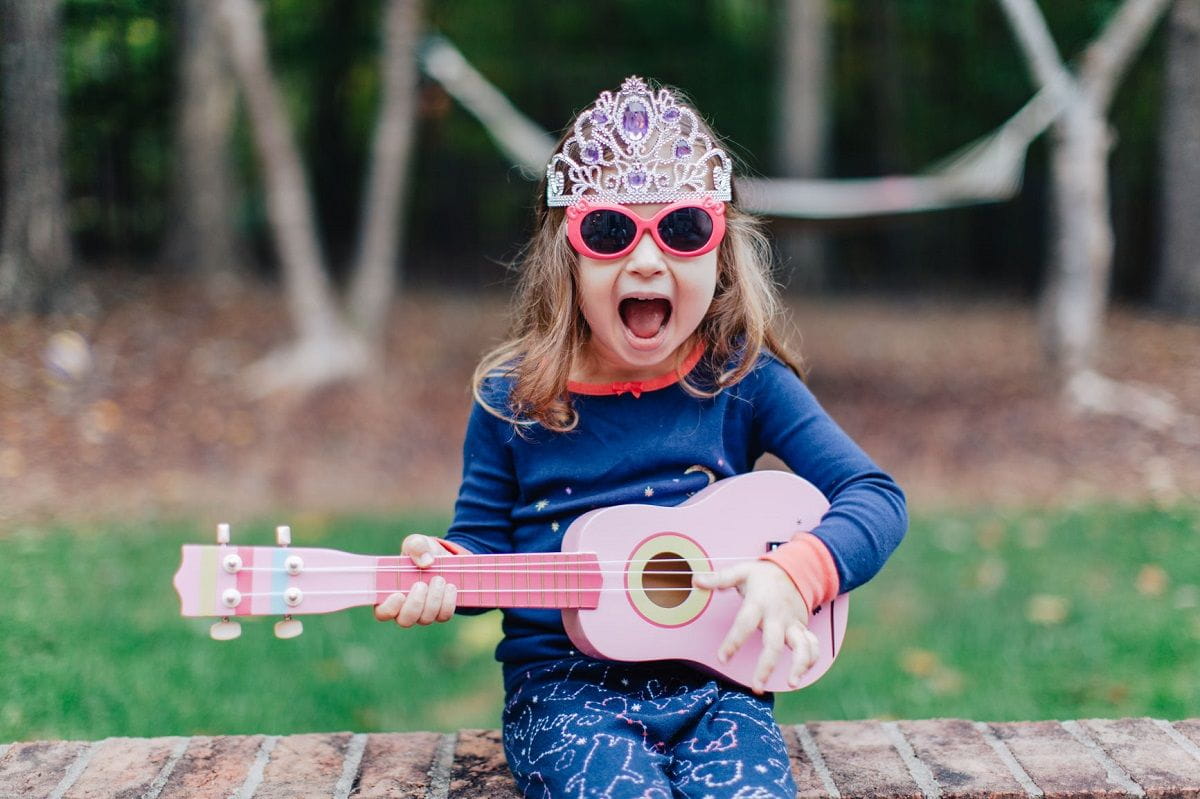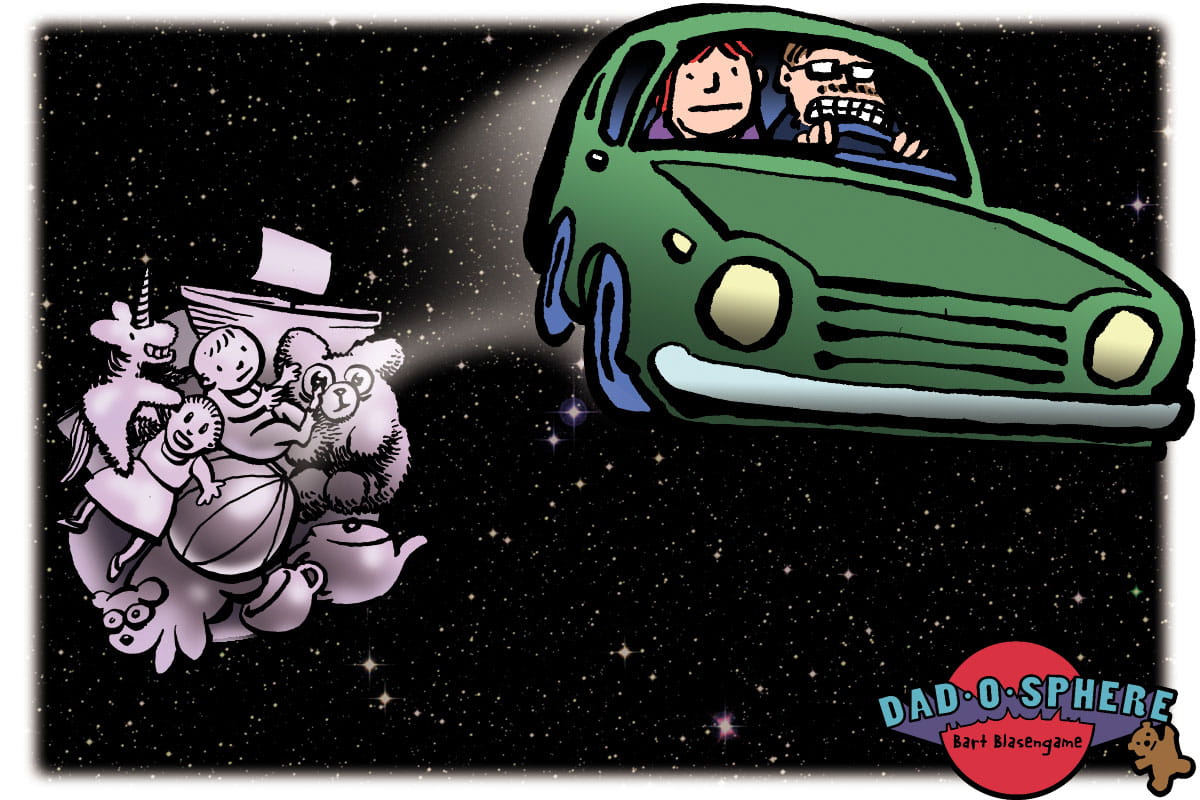“I Hate You!” Why Young Children Say Stuff Like This & How You Should Handle It

My son was five when I received my first piece of hate mail from him.
A few days earlier, he had given me a handwritten Mother’s Day card that declared, “Your the best!”
Today, however, was another story.
He demanded cake for breakfast. I gave a rational answer: “We don’t eat cake for breakfast.” A few minutes later, I received a very different handwritten note slipped under my door: “Your NOT the best!!”
It could have been worse: “I hate you!” “You’re mean!” “I don’t love you.” When these words first come flying out of the mouths of our babes, it can sting and shock us. But anti-parent feelings are a normal phase of young childhood—and they rarely, if ever, indicate that your child actually “hates” you.
Young children experience emotions from time to time that they cannot process. And at this time in her life, your four- or five-year-old doesn’t yet have the advanced thinking skills to identify her anger and then think of a productive way to talk with you about it. For instance, say she envisions eating cake for breakfast. Her mind is set on it. If she’s denied what she already saw as a done deal, her emotions may explode—sometimes in words that will get your attention.
When “I hate you” happens, there are a few things you can do:
- Acknowledge the emotion behind the words (i.e., anger) instead of focusing on the words themselves.
- Repeat what happened back to the child as you saw it: “I said you couldn’t have cake for breakfast and that made you angry.” This helps children identify their feelings and sends the message that you care about how they feel.
- Give your child a different way to express his anger: “When you are angry about something, you can tell me that you’re angry and I’ll help you.”
- Explain that there are certain phrases that hurt people’s feelings, and “I hate you” is one of those phrases.
- Avoid responding with equally hurtful words. Remember, children at this age lack adult processing skills—so hearing something like, “Sometimes I hate you, too,” can cause your child to doubt your love.
- Give your child choices that will help him feel like he has some control in his world. Cake may not be a choice for breakfast, but maybe he can choose to have cake after lunch or after dinner.




